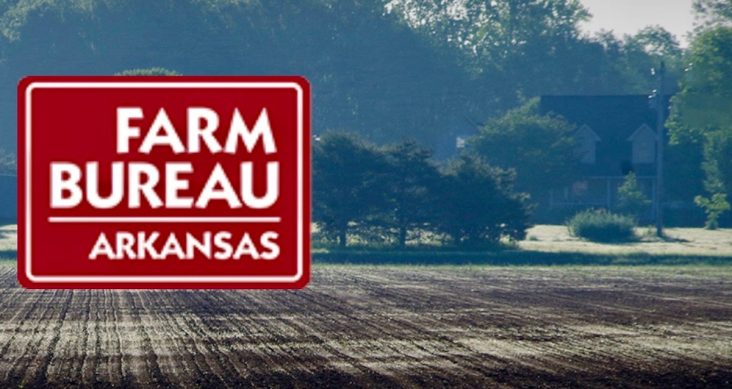Arkansas legislators discuss agri industry support ideas at Farm Bureau conference
by July 25, 2024 7:01 pm 379 views

Permanent funding for the University of Arkansas Division of Agriculture will be a top legislative priority for State Sen. Ron Caldwell, R-Wynne, and State Rep. Fran Cavenaugh, R- Walnut Ridge, next year when the legislature convenes next year.
Caldwell and Cavenaugh spoke during a panel discussion at the Arkansas Farm Bureau’s officers and leaders conference held Thursday (July 25) in Jonesboro.
Caldwell, the Senate agriculture committee chair, said he will introduce a bill to permanently give the Division of Agriculture $3.5 million. He said the division is woefully underfunded and it’s been losing key personnel for years.
“We absolutely need it,” he said.
Another issue that might be tackled during the upcoming session is row crop field burning, Cavenaugh said. It’s a controversial issue in Northeast Arkansas, and she said she hears from constituents about it all the time.Farmers need to be able to burn their fields, and many use guidelines outlined by the Arkansas Department of Agriculture, she said. But a few “bad actors” who don’t follow the rules cause problems for all farmers.
The legislature may have to codify in law the rules and practices for burning and create consequences for those who don’t follow them, she added. Caldwell said he would prefer following those rules be voluntary, but some form of legislation might have to be passed.
One issue that was brought up several times during the discussion was sales tax exemptions for farm equipment, supplies and other items used on farms. The Department of Finance and Administration grants exemptions for the expenses, but for some reason in many cases they will later rescind the exemption, and it seems to be arbitrary in many of these cases, Cavenaugh said. She plans to propose legislation that will streamline the process.
Another significant issue for the state’s agriculture sector is the lack of veterinarians for large animals. Caldwell said he had to take one of his horses to Texas to see a vet and round trip was 15 hours. Cavenaugh, who raises and breeds horses, said she has to drive as far as 3.5 hours away to get vet care.
Lyon College and Arkansas State University are set to open vet schools in the coming years, but it will be half a decade or more before those efforts begin to help those in the livestock industry, Caldwell said.
Cavenaugh said A-State should open a veterinary hospital to go along with its school. Many vets prefer smaller animals because it’s more lucrative and the animals are less difficult to deal with. But if there was a vet hospital at A-State it might encourage some of those students to take the large animal route, she said.
